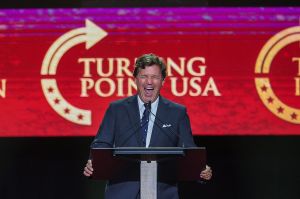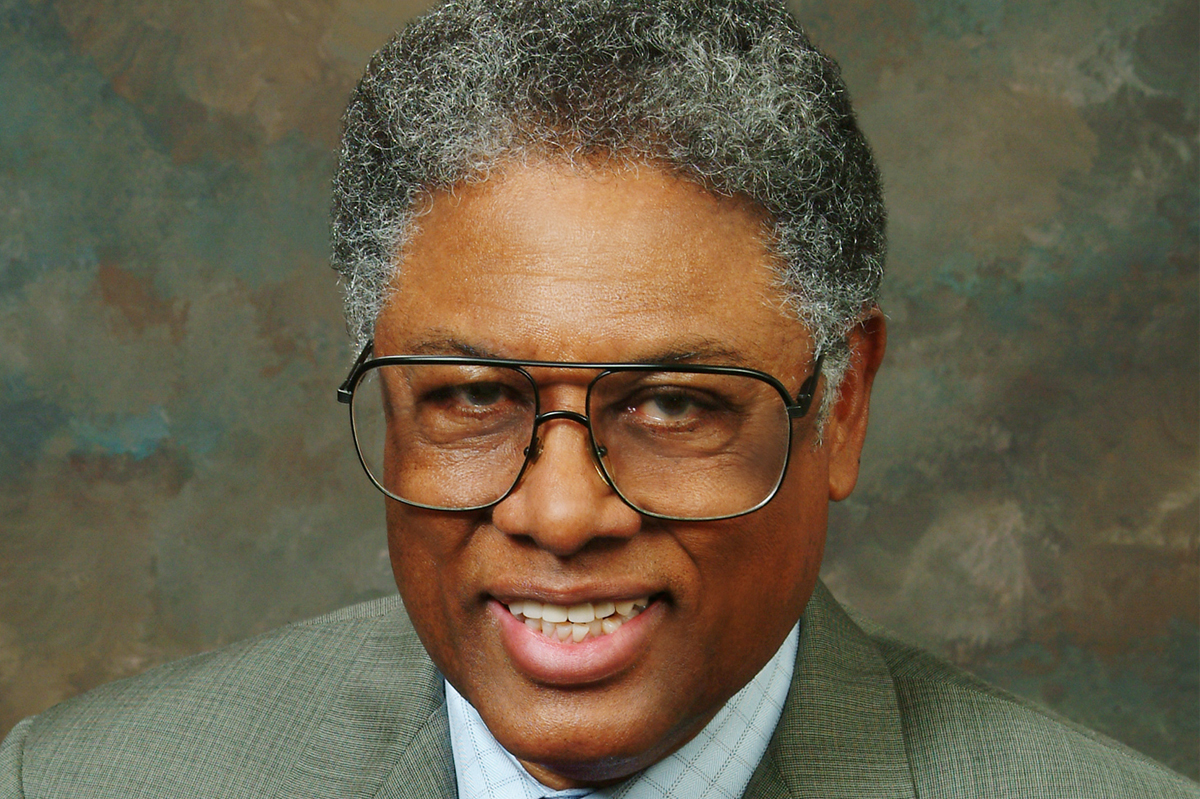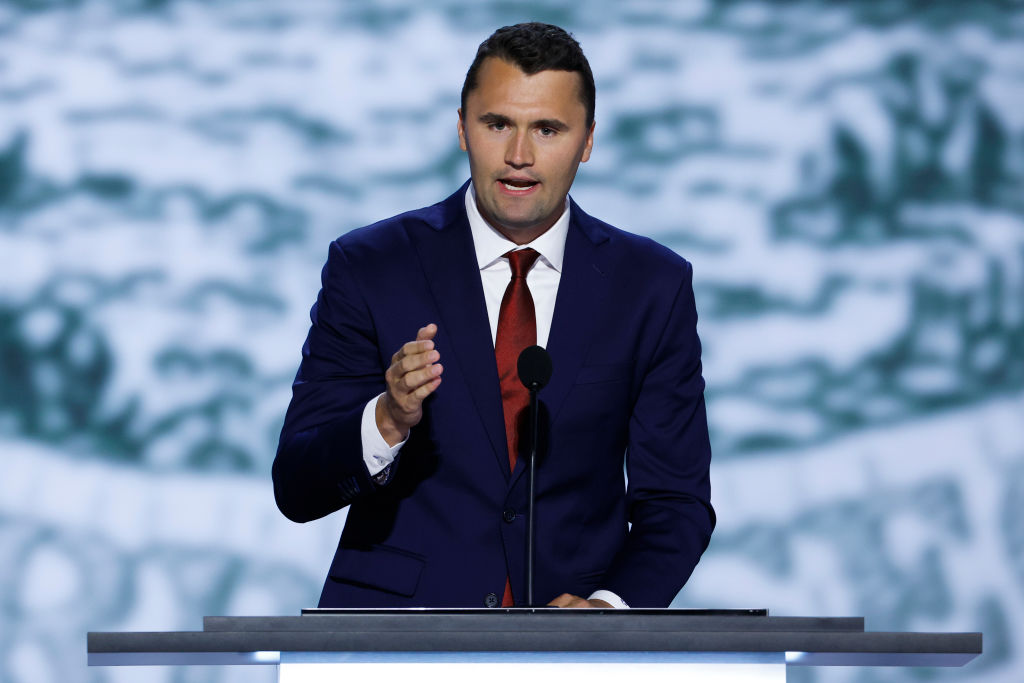The future of conservatism will look like Friedrich Nietzsche meets Beavis and Butt-Head if things continue the way they have been going. As bad as this might sound for the right, it portends much worse for the left. Liberal pieties will not stand a chance against that threat. And liberals have only themselves to blame for what the right is becoming.
Conservatism draws its strength from four forces — Christianity; heartland patriotism; the philosophy of Edmund Burke, Adam Smith, and the Founding Fathers; and revulsion against the left. Each of these provides a popular or intellectual base, or both, for the right.
Christian voters are the backbone of the Republican Party — and Christian thinkers provide the right with much of its language, if not as much of its policy as they would like. Heartland patriotism is not just love of country, but love of “country” as opposed to city: a patriotism of regions and states, of American heritage and America first. Its implications for immigration, foreign policy and trade are obvious, as is the orientation toward history and historical monuments that it inspires.
There is no convenient term for the philosophical common ground occupied by Edmund Burke, Adam Smith, John Adams and James Madison, among other great eighteenth-century British and American figures, but it is the intellectual bedrock upon which our constitutional and economic arrangements were originally built. It is a conservative yet modern philosophy, protective of religion but not at its core necessarily Christian. It’s a philosophy of self-interest that also recognizes how destructive those interests can be when they arise from wicked or unwise passions.
And the fourth great force on the right, arising from the failures of the left, is what might be called the anti-left: a backlash against high crime and high taxes, as well as wokeness and tyrannical claims masquerading as “science.”
For generations, liberals have worked to defeat conservatives for all time by neutralizing forces — destroying the very base of the right, electorally and intellectually. Education and immigration have been the most useful weapons in this fight. Christians and red-state parents send their children to schools and universities run by the left, where they are taught the new gospels of race and sexuality. The philosophy that made America can be dismissed because it was, after all, only dreamed up by old white heterosexual cisgender men.
As religious identification falls and heartland patriotism is redefined as hate, philosophical conservatives can only complain — philosophy is not what made men and women religious and patriotic in the first place, after all. With these sources of conservatism drying up and dying off, progressives have obtained a near monopoly on cultural power and hegemony in corporate America. The math says that conservatives should die off in politics, too. Yet they haven’t — instead, Trump won in 2016 and received even more votes in 2020. This year the GOP looks sure to retake one or both houses of Congress.
The more power the left gains, the more obvious its failures become, and the more it gives rein to its despotic desires, the more Americans rebel. The failure of the left does nothing to restore religion, localism, or constitutional philosophy, and as Americans become more socially atomized most of them find organized religion, local loyalty, and eighteenth-century philosophy baffling and unrelated. But they reject the left and its values nonetheless. They turned to Trump, and sooner or later their plight will be articulated by new philosophers, who will offer prescriptions for a social order no longer in fact grounded in Christianity or local affection. Don’t blame Donald Trump — this hard new right is the result of liberalism.
This article is one excerpt from “Fight for the right,” a symposium on the future of American conservatism. Read the full series here.

























